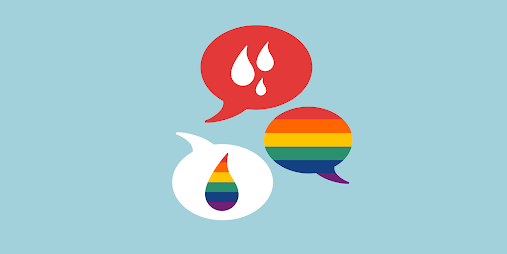It is clear that natural biological processes such as menstruation may be experienced completely differently amongst women, based on their location. The harshness of this reality is something which is further diverging the inequality gap between genders, particularly in sub-Saharan Africa. This is not least made worse by the regressive discourse surrounding the subject of menstruation in literature, which often fails to accurately portray a holistic representation of the matter. Gender and sex are two distinct aspects of our identity and therefore not accounting for others, such as transgender men who may also menstruate, means that the African population will be misrepresented and until our research reflects today's world and includes everyone, development will be undermined. We need to change perspectives and make sure that marginalised voices can be heard in order for community development to be centred around equality.
Moreover, as menstruation indicates a certain level of sexual maturity, this results in young girls being sexually exploited in many situations, therefore compounding the urge for girls to keep quiet about menstruation. A recent study found that 22-38% of girls said they had experienced sexual exploitation or violence across Kenya, Malawi, Tanzania, Eswatini, and Zimbabwe.

Hi Will, this was a really interesting post. I agree with you that progress cannot be made until this taboo is addressed and eradicated. How do you think this can be achieved and what prevents this from being done?
ReplyDeleteHi Anda, I think that fundamental improvements in education surrounding this subject need to be made in order for people in society to gain a greater understanding. This would help to reduce the stigma around menstruation, although inadequate provision of necessary resources from African governments may prevent this.
ReplyDelete